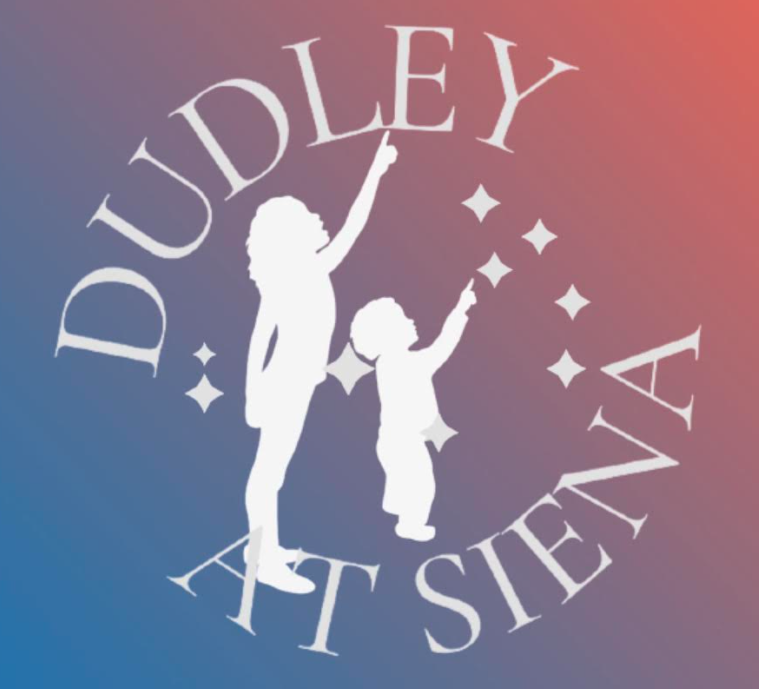Posts Tagged ‘History’
The All-Cut Come-It
Dr. Rapson put together this display in our Planetarium Gallery. That’s the Dudley’s Comet Seeker telescope, built by Alvan Clark & Co., along with articles from the Astronomical Journal detailing…
Read MoreFrom the Collection: the Pruyn Brashear Equatorial Telescope
With the recent announcement that Dudley will be building an observatory, it seems like a good time to introduce the piece that will be at the heart of that observatory:…
Read MoreFrom the Collection: Dopplemayer’s “Atlas novus coelesti”
The night sky has always been a source of inspiration for art that borders on science (or maybe the other way around). Examples are as ancient as the Dunhuang Star Chart,…
Read MoreDudley’s Female Computers
Dudley Observatory has spent most of its 160 years as a working science institution, and not a museum. That means that its employees weren’t always focused on saving the kind…
Read MoreFrom the Collection: Gemini S-10 Particle Collector
Few pieces in our collection have traveled as far as this one, or seen quite so much. This is the S-10 Particle Collector, from the Gemini space program. How Dudley…
Read MoreThe Battle of the Board
It’s an unfortunate fact that the Dudley Observatory, no matter what it has accomplished and no matter what it may accomplish, will always best be known to historians for its…
Read MoreFrom the Collection: Groundbreaking Soil
As a museum worker, it’s always nice to have things in your collection that are a little unconventional. Books and artworks are great, but there’s something fun about having a…
Read MoreFrom the Library: “Radial Velocity of the Andromeda Nebula”
If you were to list the great astronomers of the last century, just based on your own memory, it’s a safe bet that Vesto Slipher would not be a name…
Read MoreUnprofessional Science
In a previous post, I mention the “professionalization of science,” a cultural shift in which Dudley had a part to play. It immediately raises the question, what exactly does “un-professional…
Read MoreHarry Raymond (1876-1961)
A great “thank you” to Dorothy Matsui of Redmond, WA, for finding us and sending us material from her grandfather, Harry Raymond. Raymond was an astronomer for Dudley from 1905…
Read More